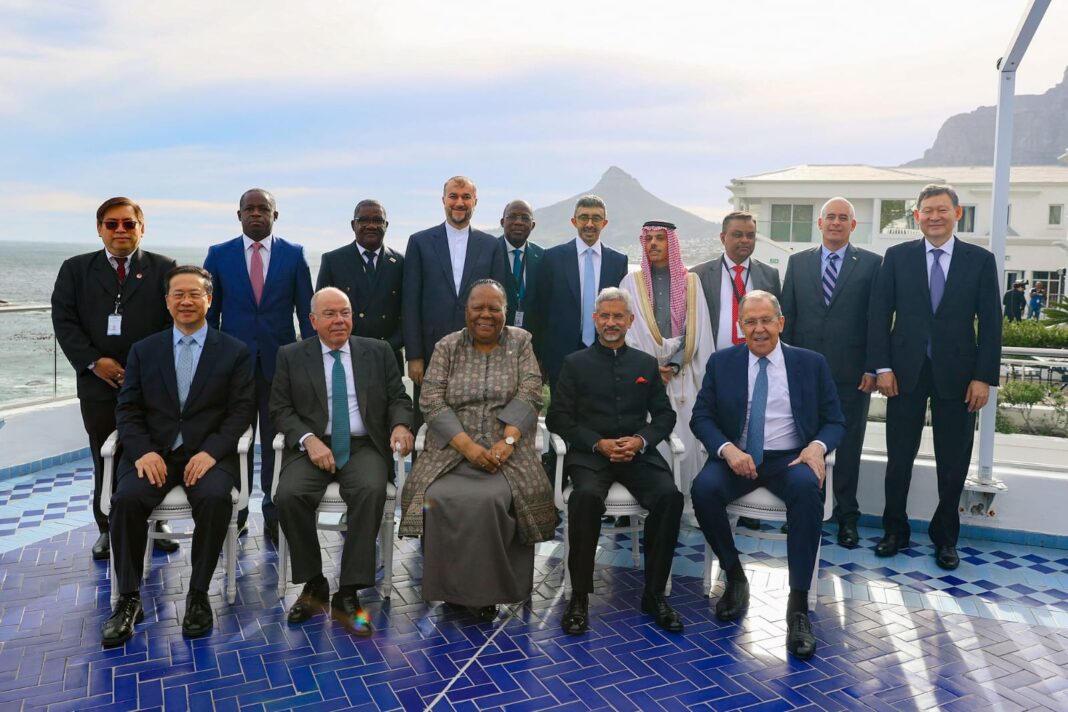Cape Town, South Africa, June 04: – The recent BRICS Foreign Ministers Meeting on Thursday, June 01 has asserted the bloc’s position as a leading non-Western force in the global arena. The meeting aimed to solidify the group’s position as a major emerging economic bloc while pushing for multipolar world order.
Notably, senior officials from various countries, particularly from Global South, also attended the “Friends of BRICS” talks, signaling their interest in forging closer ties with BRICS as a counterweight to the West.
BRICS, consisting of Brazil, Russia, India, China, and South Africa, is now considering expansion with the potential inclusion of Saudi Arabia, Iran, UAE, and other nations like Argentina, Algeria, and Venezuela. Recently, Brazil has already expressed support for Venezuela’s entry into the group.
With these prospective additions, BRICS seeks to bolster its geopolitical influence as a representative force of the Global South.
The New Development Bank (NDB), established by the BRICS nations in 2014 as an alternative to institutions like the IMF and the World Bank, has been expanding its membership. Bangladesh and the UAE joined in 2021, while Egypt became a member in February. Saudi Arabia is now the latest country discussing joining the bank.
This move further underscores the growing global geoeconomic significance of BRICS.
South African Foreign Minister Naledi Pandor said the foreign ministers were aiming to complete work on a framework for admitting new members before BRICS leaders meet at a summit in Johannesburg in August.
BRICS, with its combined population of 41.5% and a share of 26.6% of the world GDP, has emerged as a major economic bloc dominating the global economy.
China, as the second-largest economy and a manufacturing powerhouse, and India, the fifth-largest and fastest-growing major economy, have been key drivers of this growth despite global economic challenges.
As BRICS expands its geoeconomic and geopolitical clout, it presents a formidable challenge to the existing Western-dominated international order.
The alliance is striving to create an alternative international order where emerging economies of the Global South have a greater say in global governance.
India’s External Affairs Minister S. Jaishankar spoke of the concentration of economic power which he said “leaves too many nations at the mercy of too few”, and of the need to reform global decision-making including by the United Nations Security Council. “Old ways cannot address new situations. We are a symbol of change. We must act,” he said.
Congolese foreign minister Christophe Lutundula Apala said in a statement, “My country…exhorts the BRICS countries to bring change and the creation of a new international order,” highlighting the expectations of the developing world from the BRICS.
However, as the West continues to exert pressure on Russia through economic sanctions, and with an International Criminal Court arrest warrant issued against Vladimir Putin, the upcoming meeting of BRICS leaders in Johnsburg, South Africa in August presents an intriguing prospect to observe how this bloc will respond to the challenges at hand.
As the BRICS grouping mulls expansion, it remains to be seen how its expansion and vision for a new international order will impact the established Western-led status quo.






